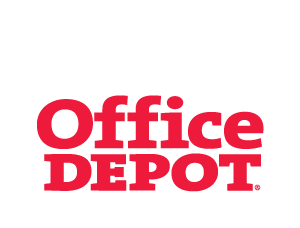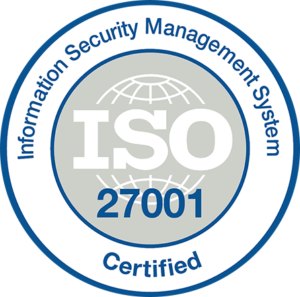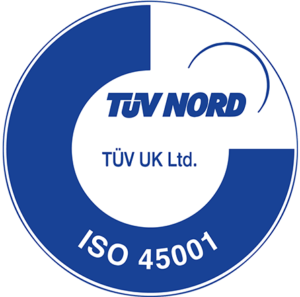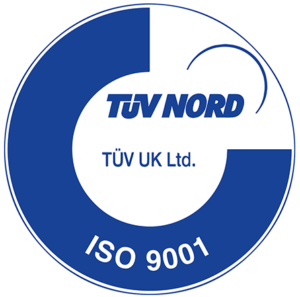In our new blog series, ‘Talking ESG’, we’ll be tackling key questions and areas of interest in Environmental, Social & Governance topics. The first question we’ll tackle is how Office Depot is navigating the Scope 3 Carbon reporting challenge.
As the world continues to become more aware of the impact our carbon emissions have on the planet, businesses are no longer making purchasing decisions purely based on cost. Environmental and social value impact are now a major part of purchasing decisions.
As an office supply retail business, it’s important that we focus on ensuring we not only develop and manage our carbon emission reporting effectively, but also work with our suppliers to ensure we receive and manage their carbon emission data too. This way, we can find ways to work together to improve carbon emissions. Specifically, scope 3 emissions, which have the biggest effect on our business performance and are often outside of our control.
What is Scope 3 emission reporting?
Scope 3 emission reporting is the measurement and reporting of indirect greenhouse gas (GHG) emissions that occur in a company’s value chain, including both upstream and downstream activities. While Scope 1 and Scope 2 emissions are direct emissions from a company’s operations and energy consumption, and in most cases, are controlled by the business directly, Scope 3 emissions are more challenging to measure and manage due to their broader and more complex nature.
At OT Group Ltd (the parent company of Office Depot), Scope 3 emissions make up 97% of all emissions. Of that, 95.3% of these emissions come from purchased goods and services.
As a retailer we buy and sell thousands of products which are manufactured by suppliers across the world. Today, we are increasingly being asked by our customers for environmental data surrounding the emissions that are generated in the transportation and production of these products, and in some cases, the data about products that are specifically purchased by individual customers.
We are working hard to overcome some of the challenges we have found in managing our Scope 3 data. The most common challenges we have found are:
1. Data Availability and Accuracy
Obtaining accurate and comprehensive data in the value chain can be difficult. There are many organisations in our supply chain, and we have limited control over the data provided by suppliers, customers, and other partners.
2. Scope, Boundaries and Methodology
Different companies in our supply chain have different methodologies for establishing Scope 3 emissions. This can mean different decisions are made on which emissions sources to include, considering factors like materiality, significance, and control.
3. Engaging Supply Chain Partners
Collaboration with our suppliers, customers, and other partners is essential for collecting accurate data. However, engaging these stakeholders and encouraging them to report emissions data is complex due to concerns about data confidentiality, competitive issues, or a lack of awareness.
4. Changing Business Dynamics
Business operations (both internally and externally), supply chains, and product portfolios are dynamic and can change over time. Keeping up with these changes and continuously updating emission factors and data can be resource intensive.
_____________________________________________________________________________
We continue to work hard in addressing these challenges by improving our data collection processes, taking advantage of advancements in technology and improving our stakeholder management, which along with communication, are key to ensuring we:
- Continue to report our carbon emissions effectively
- Meet our customers’ emission data requirements
- Deliver a Net Zero Plan that is effective and sees us reduce our carbon footprint and meet our long term objectives
Join us next time to find out how we are embracing technology to improve our sustainability programme, how the use of appropriate software and data management systems are crucial for efficiency and accuracy and how we are helping our customers and supply partners too.






